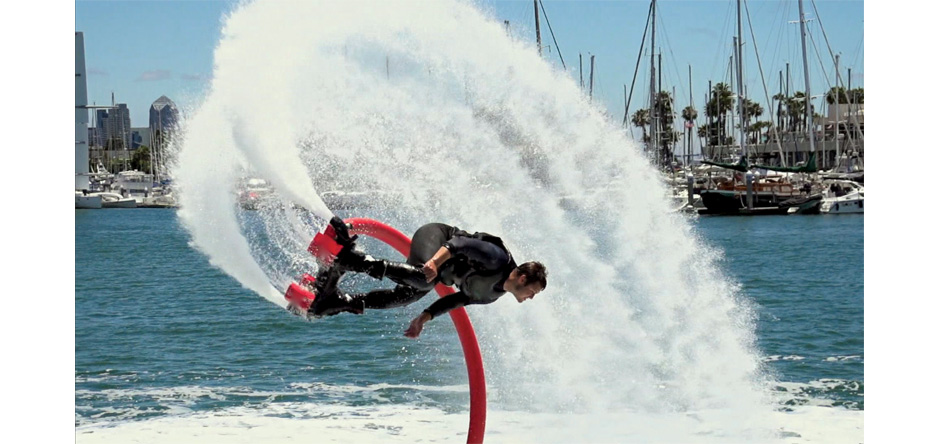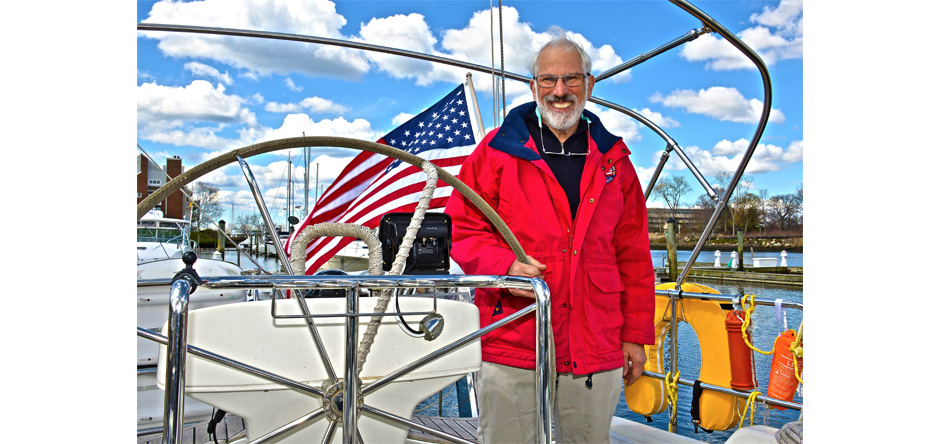Ferruccio Furlanetto is one of the most versatile basses in the world, at home in both Mozart and Verdi. Honored by New Rochelle Opera, he talks about his best-known roles and the lifestyle of an opera star:
You bring such humanity to the seemingly villainous Philip II in Verdi’s “Don Carlo,” which has become a signature, drawing raves recently at The Metropolitan Opera. Tell us about your approach.
“My approach to this fascinating role started in 1981 when I had the chance to have my debut in Kassel, Germany. At that time I was totally inspired by the superb artists of the time, (Cesare) Siepi and (Boris) Christoff in particular.
“Then in the following years, going from production to production, I started to develop my own vision of this magnetic and charismatic character. Obviously, I started to get information about the historical person through books and from the (Friedrich) Schiller theater work (“Don Carlos”).
“In his real life, Philip II had been a dry, bigoted person, using religion for political and economic matters and in the Schiller piece, he is presented that way.
“When I started to go deeply into the Verdi score, I understood that the great composer was giving the interpreter the possibility to show the human side of the most powerful man on earth.
“Every word applied to this magnificent music can lead you to another dimension of the character, giving the listener the chance to feel closer to him.
“Needless to say, a character so profound and mature grows together with the artist and changes accordingly with the acquired maturity of the singer, and so it did in my case, changing drastically in the years and with the opportunity to do it with great artists like Herbert von Karajan.
“Today my King Philip is light years away from that young singer of Kassel in 1981. Now in a production like The Met’s, I have really the chance to live this character under my own skin, 100 percent in agreement with what the direction requires.”
“Don Carlo” was simulcast “The Met: Live in HD.” Do you prepare differently for TV?
“My preparation and interpretation of this role doesn’t change at all whether it will be televised or not when I live a character as I do with King Philip. I do it first of all to be honest with the historical character, with the score and with myself.”
Among your distinctive accomplishments is playing both Don Giovanni and his servant (and doppelgänger) Leporello in Mozart’s “Don Giovanni,” sometimes in the same production.
“I had my debut in ‘Don Giovanni’ as the Don when I was 27 years old and I sang it continuously and everywhere for 28 years. I sang Leporello only when Karajan asked me for the recording first and for the Salzburg production in ’87.
“I did it again in 1990 in the (Franco) Zeffirelli production at The Met, but on that occasion (alternating) roles with Sam Ramey…My favor went to the Don, although the Salzburg Leporello opened all the doors in the world for me.”
What is the significance of a regional opera company like New Rochelle Opera in the larger scheme of opera today?
“I believe that it is fundamental that regional institutions do what New Rochelle does, introducing people to this magnificent theater and giving opportunities to young singers to present themselves in a very professional way.”
Part of the challenge is the globe-trotting life of the opera singer.
“What is normality for us is often considered very unusual. But a singer must be present everywhere if he wants to have an international career. Therefore, traveling becomes pretty much routine.
“Now that The Met’s ‘Don Carlo’ is over, I am traveling to Vienna for a big gala at the Vienne Staatsoper, then a recital at the old Opera de Paris, the White Nights Festival of St. Petersburg, Sydney for ‘Don Carlo,’ Vienna again for ‘Macbeth’ and ‘Eugene Onegin,’ a recording of Verdi arias, a recital in Moscow, ‘Onegin’ in London. And the year is gone.”
“The truth is that after so many years in this profession, the problem would be to stay still in one place.”
What do you do to safeguard the health of your voice when you travel?
“Luckily, I am not that sensitive to hotel problems, to air conditioning, etc. My only worries are the flights, sharing a small (space) like an airplane with a lot of people, many of whom are not healthy. So I just use a lot of balsamic oil cream in my nose and hope not to catch any virus.
“Normally it works.”
What’s your favorite place for singing?
“I love to be and to sing in Vienna, which is the city of music, and, of course, I am very much attached to Salzburg, which transformed me from a promising young singer to a very professional artist.
Where do you like to go just to relax?
“When in the summer I have the chance of a small holiday, I usually go to Salzburg by a lake close to the golf club where I am a member…
If you could travel with any of the characters you’ve played, whom would you select?
“I am constantly traveling with my favorite characters from one theater to the next. Let’s say that in this moment the role that I feel closer to myself is Don Quichotte (Don Quixote), a myth of what man should be at least for a few hours in their life.
“Don Quichotte is love for whatever is surrounding him – persons, animals, nature, life. Amazing character.”
# # #
New Rochelle Opera: from idea to 30th anniversary
What began as an opera lecture for a group of students preparing to attend a performance of Verdi’s “Aida” to Puccini’s “Turandot” – and honored everyone from New Rochelle baritone Robert Merrill to Pelham Manor tenor Matthew Polenzani (featured in WAG’s June 2013 issue). Recently, some 170 devotees gathered at The Fountainhead in New Rochelle as the New Rochelle Opera honored Italian bass Ferruccio Furlanetto as part of its 30th anniversary gala.
The New Rochelle Opera is the brainchild of singer Camille Coppola, cantor at Sacred Heart Church in Hartsdale, and Billie Tucker, former community relations and cultural coordinator at the New Rochelle Public Library. Tucker was so impressed with Coppola’s school lectures on opera that she invited her to present highlights from Puccini’s “La Bohéme” at the library. When Coppola told Tucker she’d like to have her own opera company some day, Tucker said, “So, why don’t we?”
That led to the first full-length production, of Mascagni’s “Cavalleria Rusticate,” in 1983; the New Rochelle Opera name in 1984; and the company’s nonprofit incorporation in 1985.
The mission, however, has stayed the same – to present opera in the community, to educate students and to showcase an array of rising professional singers, many of whom go to The Metropolitan Opera and other companies.
“We get singers from all over the world, from Massachusetts to Korea to Italy,” Coppola says. “These young singers are hungry. They’re looking for work.”
All of which takes money – often in short support in an age of dwindling grants, adds Coppola, who along with Tucker relies on volunteers like themselves to staff their efforts.
And on fundraisers like the June 7 soirée at a private New Rochelle home that will feature cocktails and opera selections.
A few weeks later, the company will present “Carmen” – Bizet’s crowd-pleaser about a Spanish soldier’s doomed love for a willful gypsy – and then in December, team with New Rochelle High School for Gian Carlo Menotti’s Christmas classic, “Amahl and the Night Visitors.”
“We hope to continue our work and do even more outreach,” Coppola says.
The New Rochelle Opera will held a fundraising soirée 4 to 6 p.m. June 7 at a private home in New Rochelle. The company presents “Carmen” 8 p.m., June 25 through 27 and 3 p.m. June 28 at the Frank J. Auriana Theatre at the Ursuline School, 1345 North Ave. in New Rochelle.
For tickets and more details, call 914-576-1617 or 914-576-0365 or visit nropera.org.



